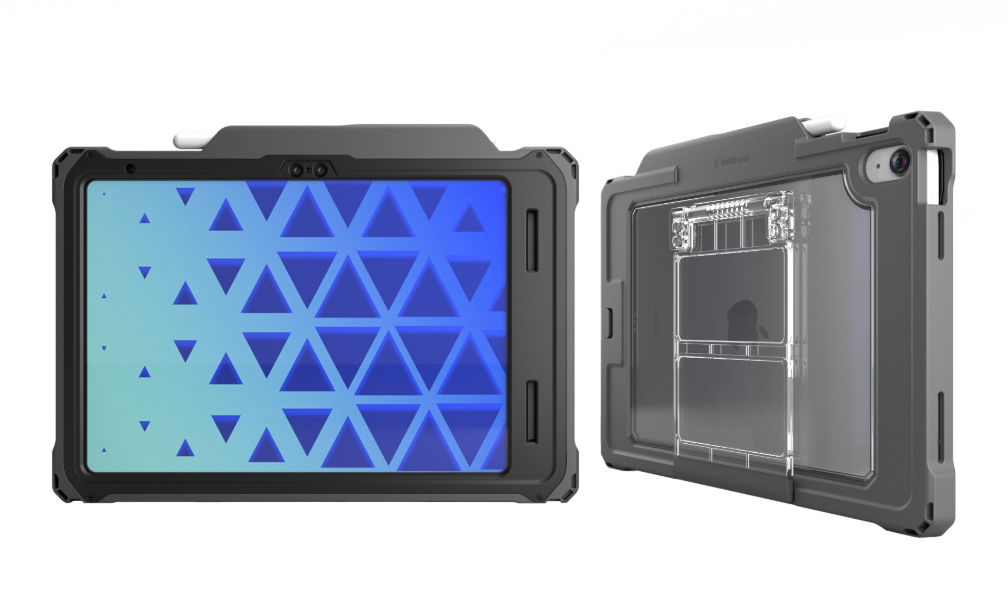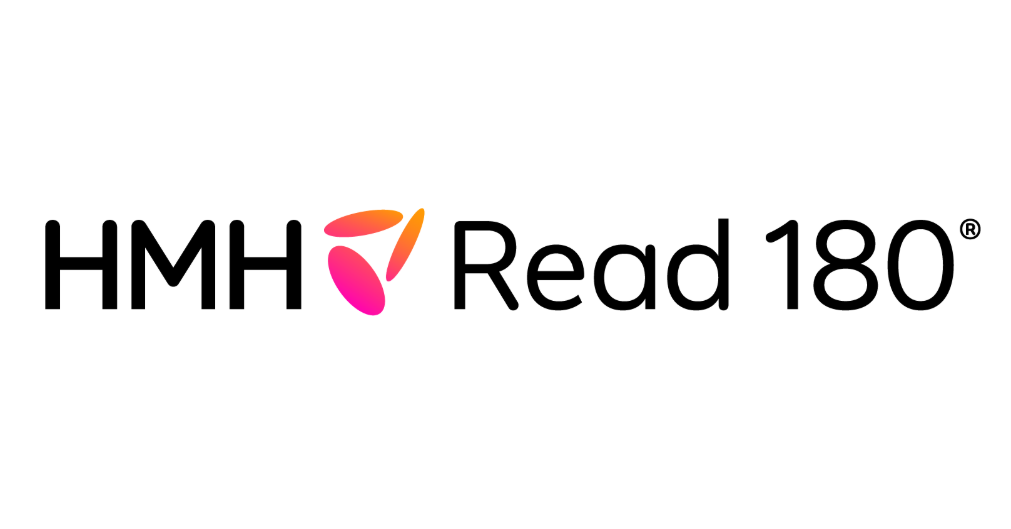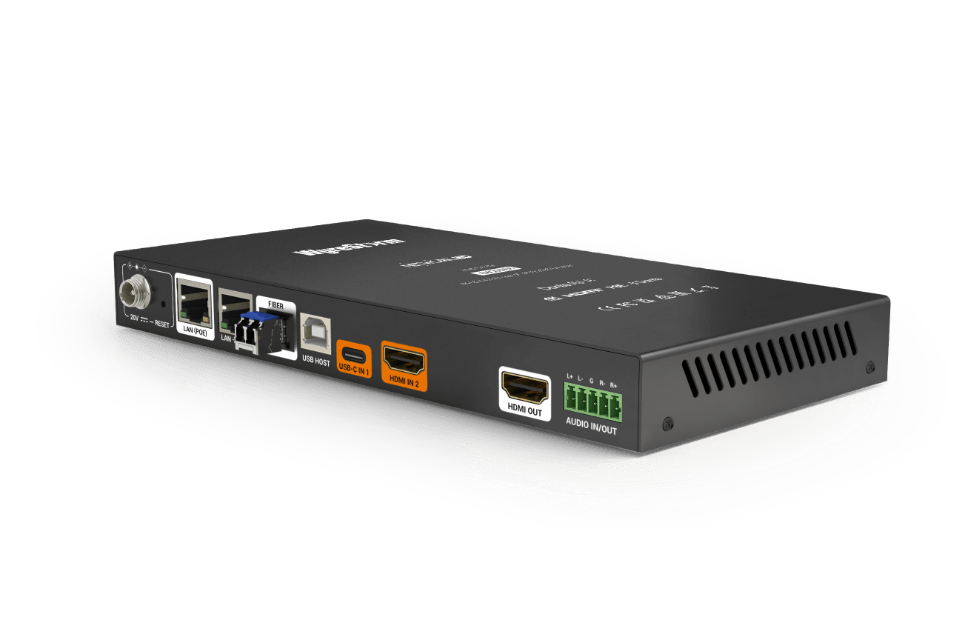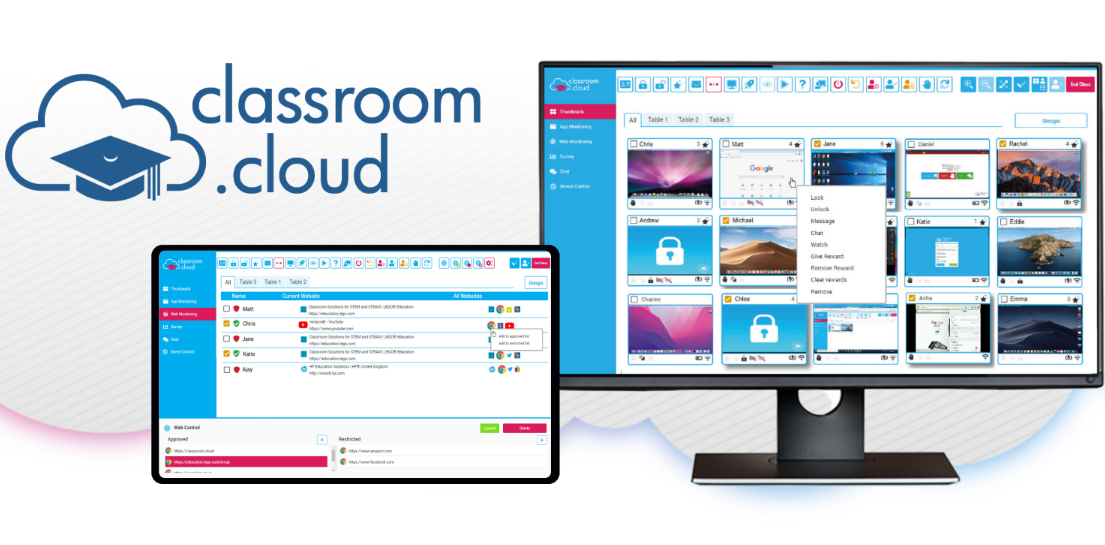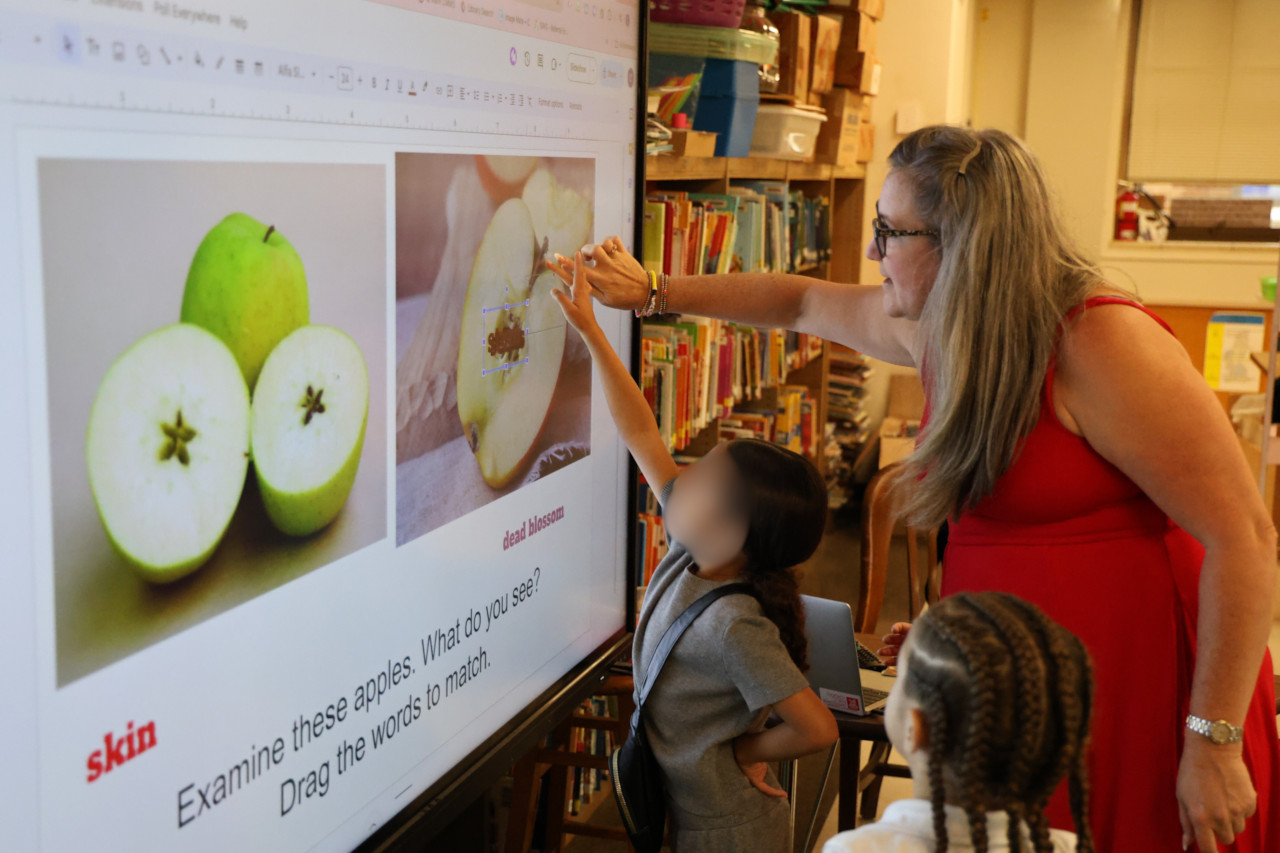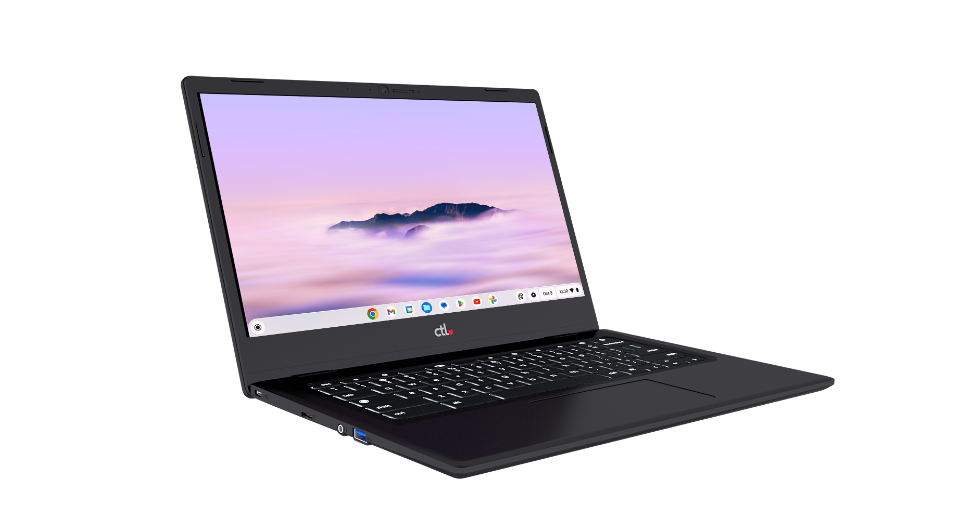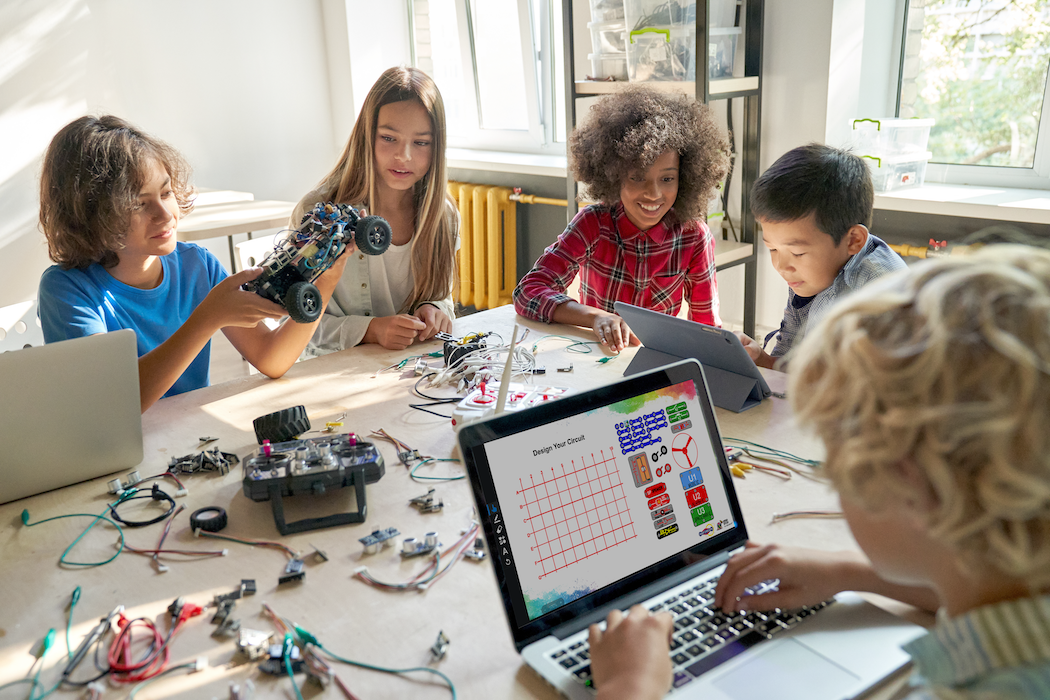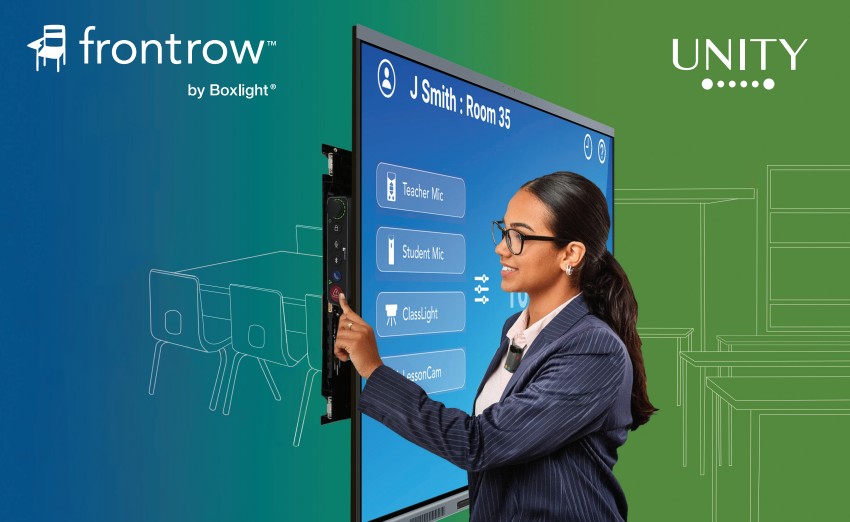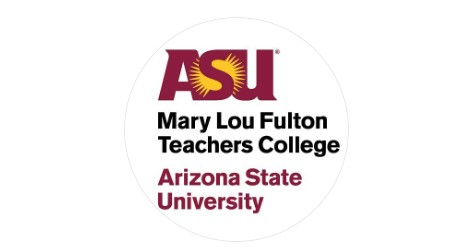Report: T&L Leadership Summit
The elation felt while attending the June 2019 Tech & Learning Leadership Summit in Philadelphia could be compared to the exhilaration of running up the Rocky Steps in the City of Brotherly Love.
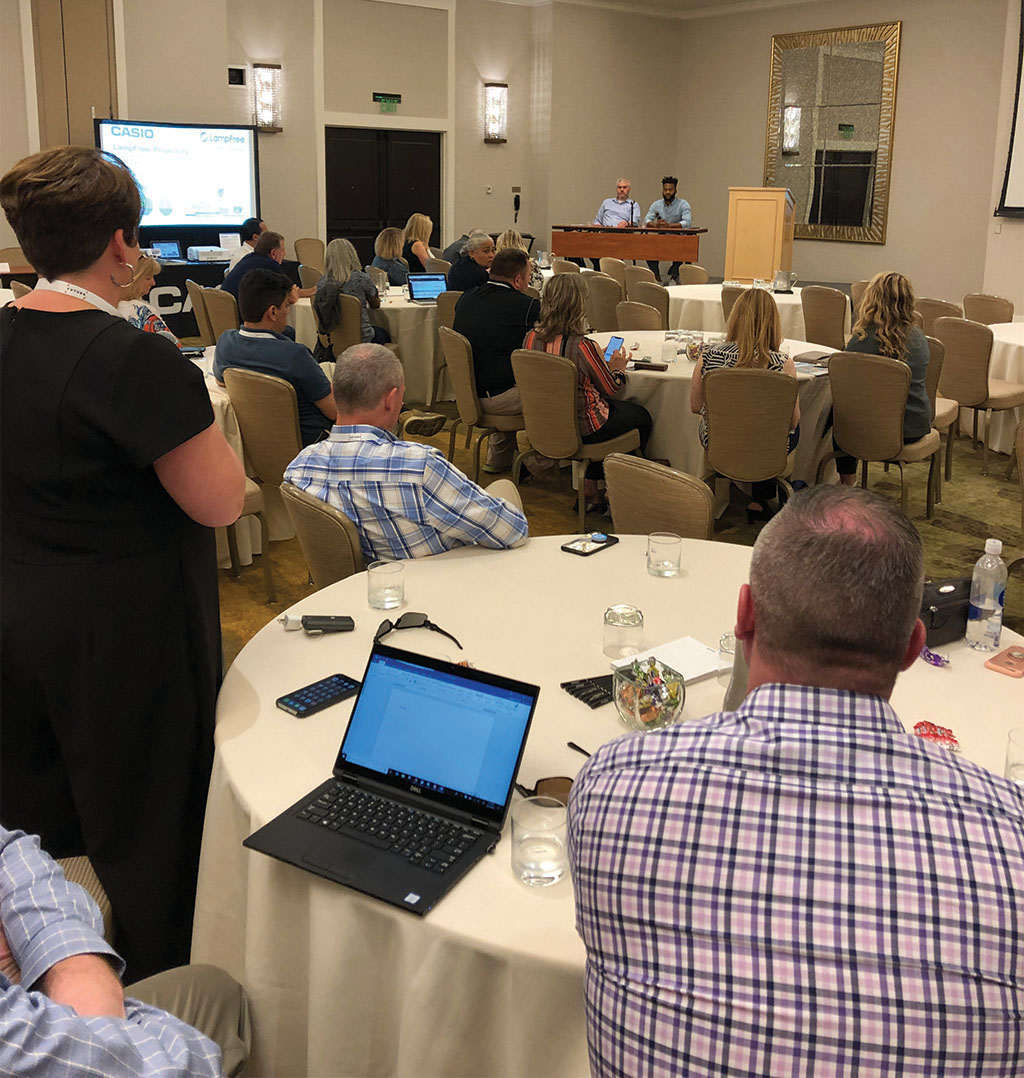
The elation felt while attending the June 2019 Tech & Learning Leadership Summit in Philadelphia could be compared to the exhilaration of running up the Rocky Steps in the City of Brotherly Love. This edtech summit brought district leaders together to discuss innovative models of schooling, tech breakthroughs that drive innovation, and what schools are doing to create the next generation of innovators.
The leadership summit began with four innovative guest speakers committed to the project-and inquiry-based learning in their schools and communities. A statement from Chris Lehman, founding principal and CEO of the Science Leadership Academy Schools network, hit home with the leaders assembled: “the key to innovative learning is for educators and administrators not to fall in love with the curriculum at the expense of the students.” Lehman described how the Academy Schools focus on the “why” that drives the learning, and curricula are designed to meet the needs, interests, and goals of each student.
The group was engaged when Ayris Colvin, principal of Building 21, a competency-based school, described how the school focuses on finding alternative ways to teach students and meet students where they are. Using learning models, teachers develop problem-based learning projects based on community or career problems.
Students are not the only ones who need innovative learning environments, as is evident in the mission of the nonprofit Philadelphia Learning Collaborative. Founding director Crystal Cubbage described the PLC as a grassroots organization focused on training and supporting K–12 educators who are student-centered, progressive, and interested in more in-depth learning. The organization’s purpose is to compile, create, and share resources that help schools support student growth related to real-world problems and interpersonal skills.
Ron Woodard, the assistant superintendent of instruction at Maury County (TN) Public Schools, inspired Summit attendees when he declared that it was time for the narrative to change. It’s our civic duty, he said, to provide every child with the excellent education they deserve. His district is committed to ensuring that there are no barriers to learning, and they focus on producing a great product (students) by developing partnerships and relationships with local business to support the interests and needs of students.
Energized by the innovative and visionary work being done in districts around the country, edtech leaders had the opportunity to discuss, with each other and with the four presenters, what innovation does and could look like in their districts. These roundtable discussions were the catalyst for themed working group sessions where attendees and sponsors gathered in conference rooms to discuss challenges, share best practices, and offer solutions regarding innovative learning that support teaching and learning in school districts.
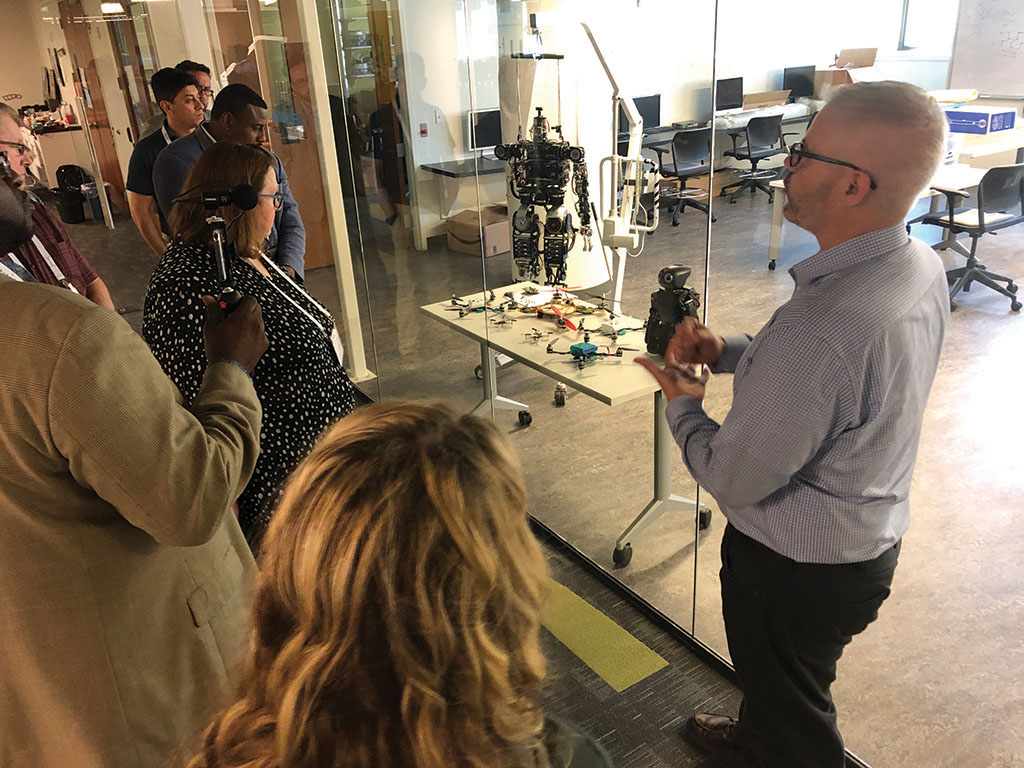
The session on blended and personalized learning focused on the importance of school districts developing platforms that combine and integrate robust synchronous and asynchronous tools to truly enable an anytime, anywhere learning environment. Edtech leaders like Travis Taylor from Little Rock, Arkansas, described how traditional personalized learning provides a platform to teach students based on a particular need. However, he emphasized that personalized learning should also be viewed as an opportunity for students to choose their educational path, with schools providing the resources and support to meet those goals.
Changing pedagogy happens when innovative learning and anytime, anywhere learning are a priority for districts. In the working group session with this particular focus, edtech leaders agreed that the challenge for districts is determining how to shift the focus from the technology itself. Diane Doersch, from the Green Bay Area Public School District, said that school districts need to rebuild curriculum for universal instruction. Many in this session echoed her thoughts. Most school districts are well equipped with tech tools but must now provide guidance and resources for teachers to make pedagogical changes that meet the learning needs of all students with multi-level systems of support.
The escalating concern of student data privacy in school districts was evident in another working group session. All agreed with Andrew Wallace, from South Portland (ME) Schools, that districts need to be out ahead of student data privacy issues. Developing partnerships with student data privacy alliances, training teachers on the importance of student data privacy, and partnering with vendors to limit shared information are steps that all school districts should be taking. While states are proactively creating legislation that protects student data privacy and PII, these laws often have unintended consequences that can hamstring teaching and use of digital tools.
Many new school buildings have been built across the US in the last ten years, and innovative state-of-the-art buildings are providing school districts with opportunities to create learning spaces that encourage collaboration and personalized learning. In the working group on learning spaces, school districts like Anderson (SC) school district discussed how traditional classroom spaces and outdoor areas are being converted into “Innovation Learning Labs” and playgrounds that provide both physical and virtual learning experiences. Attendees in this session agreed that when designing new spaces, buildings, or classrooms, it’s essential to envision what success will look like in the new learning space.
Artificial intelligence, drones, virtual assistants, esports, and interactive media were focus of discussions in the emerging technologies working groups. Donna Williamson, from Mountain Brook (AL) SD, emphasized that every emerging idea or technology needs to provide compelling, challenging, and engaging educational experiences for every one of our students. Pete Just, from Wayne Township (IN), advised having edtech coaches train teachers on both the mechanics and the instructional impact of technologies such as VR and AR in classrooms. All agreed that, to be successful, the implementation of any emerging idea or technology requires strategic planning that involves all stakeholders—including library media specialists, tech coaches, students, and teachers.
The carnival-themed snacks in the afternoon brought the attendees together at the day’s end, but what enticed them to stay was the opportunity to share lessons learned during the Summit. Discussions ranged from planning for staff, administrators, and community partnerships to creating digital citizenship programming for parents and students. The edtech leaders praised Summit organizers for providing them with opportunities for one-on-one vendor meetings, hands-on visits to innovation schools, and for the chance to hear different perspectives on these topics from districts across the country. A consistent theme echoed throughout the Summit was the power of edtech leaders embracing technology, not as an isolated component, but as an integral partner in providing innovative experiences for our students and teachers.
Eileen Belastock, CETL (@EileenBelastock) is a Director of Academic Technology in Massachusetts.
Tech & Learning Newsletter
Tools and ideas to transform education. Sign up below.



